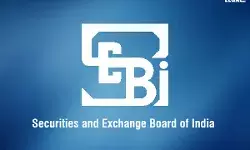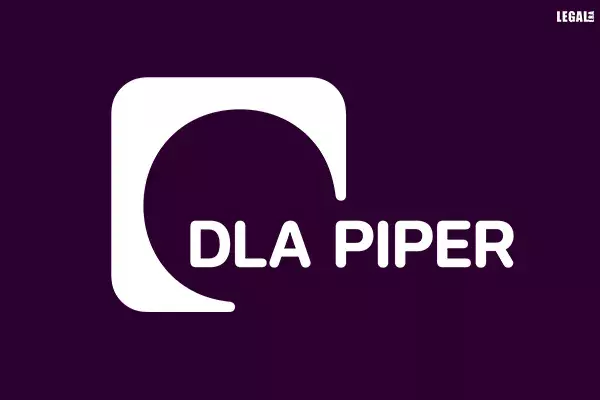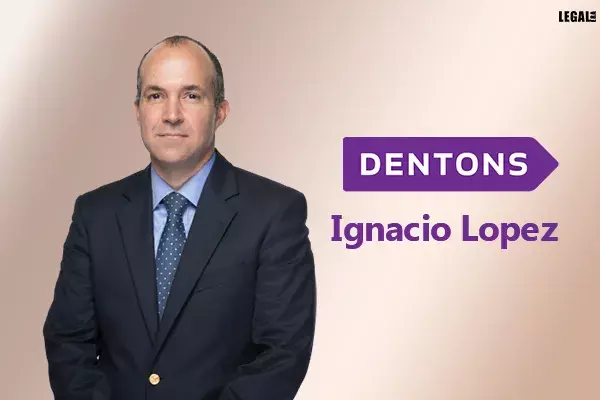- Home
- News
- Articles+
- ABOUT THE LAW
- AWARDS & ACCOLADES
- Aerospace
- Agriculture
- Alternate Dispute Resolution
- Banking and Finance
- Bankruptcy
- Book Review
- Bribery & Corruption
- Commercial Litigation
- Competition Law
- Conference Reports
- Consumer Products
- Contract
- Corporate Governance
- Corporate Law
- Covid-19
- Cryptocurrency
- Cybersecurity
- Data Protection
- Defence
- Digital Economy
- E-commerce
- Employment Law
- Energy and Natural Resources
- Entertainment and Sports Law
- Environmental Law
- FDI
- Food and Beverage
- Health Care
- IBC Diaries
- Insurance Law
- Intellectual Property
- International Law
- Labour Laws
- Litigation
- Litigation Funding
- Manufacturing
- Mergers & Acquisitions
- NFTs
- Privacy
- Private Equity
- Project Finance
- Real Estate
- Risk and Compliance
- Technology Media and Telecom
- Tributes
- Zoom In
- Take On Board
- In Focus
- Law & Policy and Regulation
- IP & Tech Era
- Viewpoint
- Arbitration & Mediation
- Tax
- Student Corner
- ESG
- Gaming
- Inclusion & Diversity
- Law Firms
- In-House
- Rankings
- E-Magazine
- Legal Era TV
- Events
- News
- Articles
- ABOUT THE LAW
- AWARDS & ACCOLADES
- Aerospace
- Agriculture
- Alternate Dispute Resolution
- Banking and Finance
- Bankruptcy
- Book Review
- Bribery & Corruption
- Commercial Litigation
- Competition Law
- Conference Reports
- Consumer Products
- Contract
- Corporate Governance
- Corporate Law
- Covid-19
- Cryptocurrency
- Cybersecurity
- Data Protection
- Defence
- Digital Economy
- E-commerce
- Employment Law
- Energy and Natural Resources
- Entertainment and Sports Law
- Environmental Law
- FDI
- Food and Beverage
- Health Care
- IBC Diaries
- Insurance Law
- Intellectual Property
- International Law
- Labour Laws
- Litigation
- Litigation Funding
- Manufacturing
- Mergers & Acquisitions
- NFTs
- Privacy
- Private Equity
- Project Finance
- Real Estate
- Risk and Compliance
- Technology Media and Telecom
- Tributes
- Zoom In
- Take On Board
- In Focus
- Law & Policy and Regulation
- IP & Tech Era
- Viewpoint
- Arbitration & Mediation
- Tax
- Student Corner
- ESG
- Gaming
- Inclusion & Diversity
- Law Firms
- In-House
- Rankings
- E-Magazine
- Legal Era TV
- Events
SEBI amends the SEBI (Intermediaries) Regulations, 2008
The SEBI (Intermediaries) Regulations, 2008 has been amended by the Securities and Exchange Board of India (SEBI). The term 'designated member' has been replaced with 'competent authority.' A 'competent authority' has been defined to mean a whole time member (WTM) or an officer of the SEBI board, not below the rank of a Chief General Manager, as may be designated for the purpose by the board.
Previously, a designated member was defined to include the chairperson and WTMs and until now it was the designated member who could call up the noticee to make its submission, remit the matter to the designated authority or grant to the noticee a personal hearing before any order with regard to cancellation or suspension of certificate and debarment.
SEBI has relaxed the process for conducting proceedings against intermediaries. As opposed to the whole time members only, now the Chief General Managers, executive directors and WTMs are empowered to pass an order of cancellation or suspension of registration.
Further, the amendment gives the SEBI board the power to initiate proceedings. This means that the board or any of its members or officers or those to whom the board chooses to delegate power under Section 19 of the SEBI Act, 1992 can initiate proceedings.




















